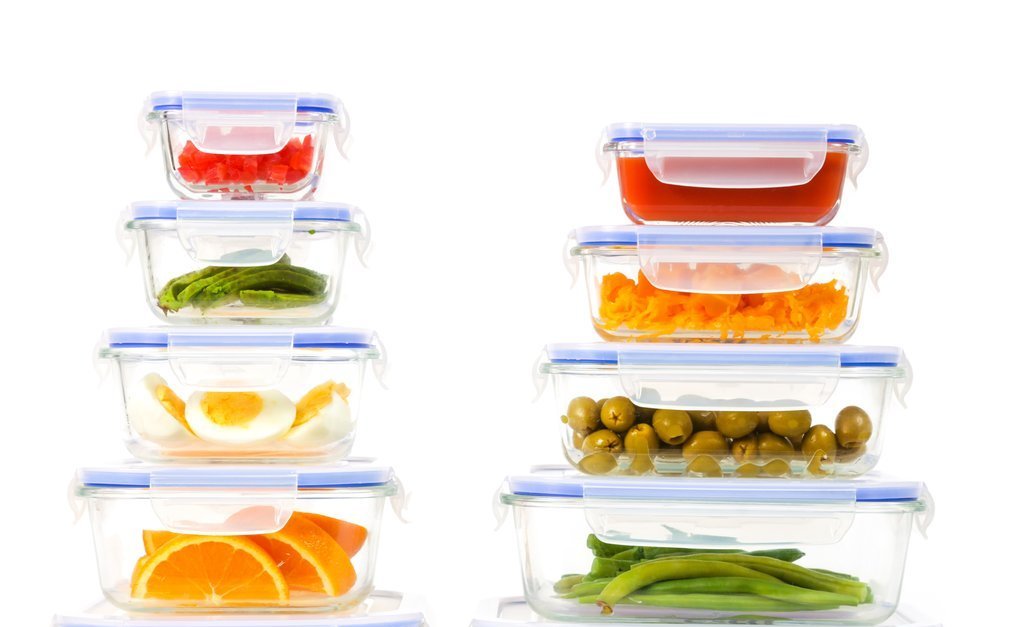BPA: An overview

Bisphenol A (BPA for short) is a chemical compound used to manufacture polycarbonate plastics and epoxy resins, both of which are widely used in food-related products such as plastic containers and the lining of canned foods and beverages.
Not all plastic food containers have BPA in them, though most do. Popit! does not use this chemical compound. Their containers are therefore BPA free. How can you tell if a container has BPA? A resin code of 7 appearing on plastic containers indicates that the container may be made of a BPA-containing plastic.
Both the Food and Drug Administration (FDA) and the European Food Safety Authority (EFSA) consider BPA to be safe at the low levels it is found among consumers. This, however, does not mean that BPA isn't toxic, but rather that BPA's toxicity is not considered a health risk due to the high dosage required for it to have harmful effects.
They both confirm that the chemical compound is toxic and that plastics that store food and have BPA in them do migrate onto your food and end up in your system. They both say that it is metabolized and excreted out of our bodies very fast and that it represents no threat to our health.
All of this seems to point in one direction: BPA is safe to use. Still, we couldn't help but wonder why, if a substance is considered toxic and it is proven that it migrates from your container onto your food, would we want to use it.
1. BPA is toxic
2. BPA migrates from your container onto your food (if your container has it).
3. The issue is still being discussed.
4. Neither the FDA nor the EFSA is infallible in judgment.
5. Using BPA is avoidable.
So why is it being used?
In the case of canned foods and beverages, it is used to create epoxy resins that are then used as lining so that the metal won't rust and the food contained in these metal cans can last longer.
In the case of plastic food storage containers, it is used because with it you can create polycarbonates that are clear and durable.
We're no experts in canned goods but we can tell you this: we can make clear and durable plastic containers that will make your food last longer without having to resort to BPA, so why on earth would we want to use it? Why would you want it in your plastic food storage containers? Wouldn't you prefer one that was made without it? However safe the FDA and the EFSA may claim it to be, neither would ever dare to state that BPA is good for you, because it's not.
All of our containers are BPA free and you can find them here.

